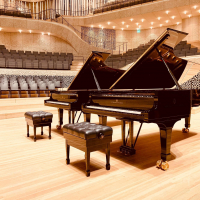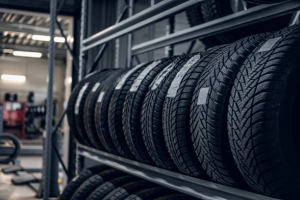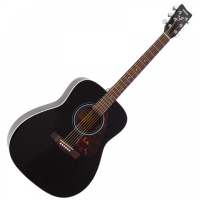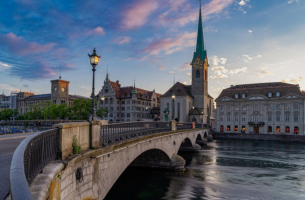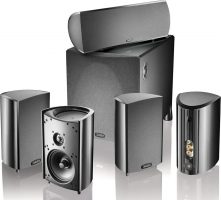Top 10 World's Best Education Systems
Education is important not only in an individual's life, but also in the development of a prosperous community and state. Furthermore, educated societies are ... read more...not only seen as a guarantee of rich countries, but they also have the ability to alter the fate of areas. However, education quality is always important in this respect, and if you want to provide your folks with an outstanding education, you'll need adequate educational institutions. Yes, all of the world's top nations are regarded as such only due to their excellent educational systems. As a result, we will analyze the top education systems in the globe in this post.
-
When we think about the greatest education system in the world, Finland is the first nation that comes to mind. Despite consistently outperforming other countries in educational surveys since 2000, Finland has now been named the country with the greatest educational framework.
It received a ranking score of 114 in the tournament, defeating major competitors South Korea and Japan. The educational grade of secondary schooling in Finland, as well as the performance of its instructors in the elementary sector, are among the best aspects of the country's education.
There are many reasons why Finland has the best education in the world. First of all, Finland is on the cutting edge because of common sense techniques and a comprehensive educational environment that prioritizes fairness above excellence. There are no standardized assessments in Finland. The National Matriculation Exam, an optional exam for students at the end of an upper-secondary school year, is the lone exception (equivalent to an American high school.) All pupils in Finland are rated on an individual basis using a grading system determined by their instructor. The Ministry of Education monitors general growth through sampling groups from various school levels.
Further on is, elementary and middle school education is completely free in Finland. Yes, if you are lawfully residing in Finland, your child can attend school for free from the age of seven to seventeen. Education is not a business in Finland, as it is in other developed and developing nations, because official institutes firmly discourage such operations.
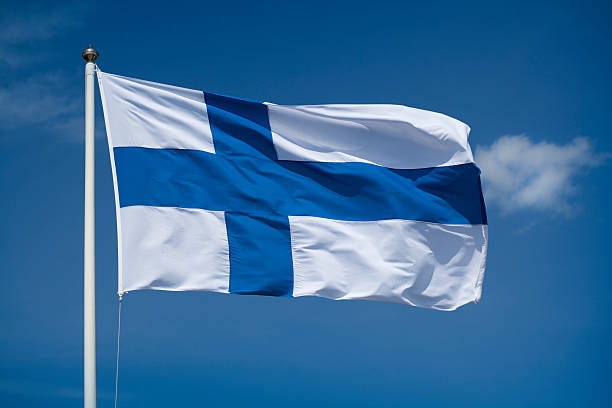
Finland flag 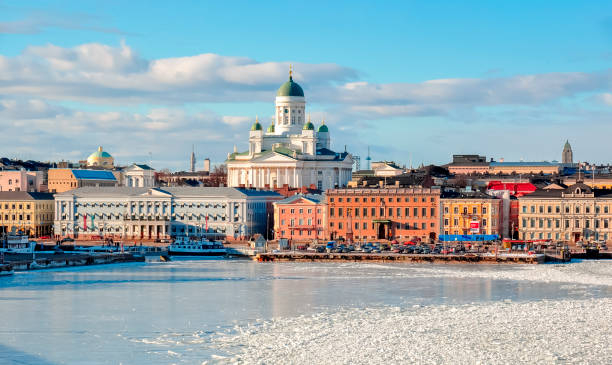
Finland -
Japan has traditionally fared admirably in the educational field. As a result, it has remained in second place in the 'World Top 20 Educational Poll' for the past three years. Japan's educational system is strong for a variety of reasons.
To begin with, all of Japan's curriculums are developed at the national level, with no educational discrimination. Second, basic education in Japan is nearly free for children aged 6 to 15. People usually receive an education until they reach the age of 18.
Furthermore, the country's educational constitution is quite strong, and there are no fundamental defects in it. Yes, robust educational legislations and national level curricula that adhere to social and cultural norms are seen to be sufficient for good educational outcomes. As a result of the 104 power ranking score, it is ranked second here.
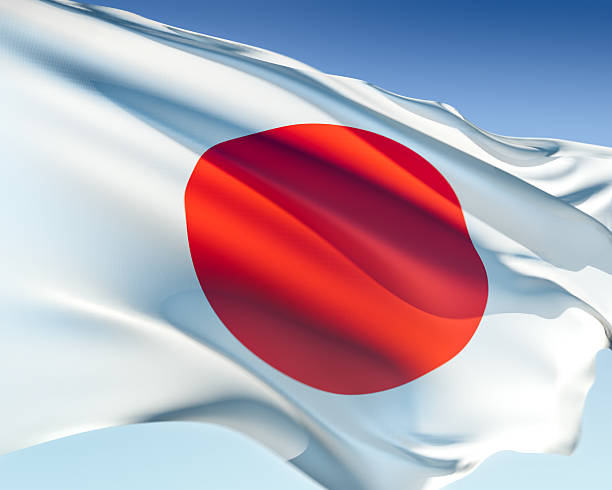
Japan 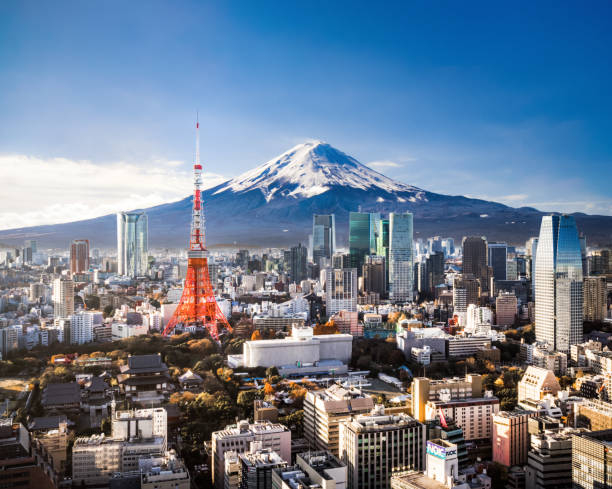
Japan -
South Koreans have excelled in several fields of entertainment and industry in recent years, and their educational system has played a key part in this. South Korea was ranked third in the world's greatest educational systems, with a score of 101.
In South Korea, elementary and secondary education are required, and if you attend public schools, you will receive a free education. South Korean society, on the other hand, places a high value on children's education. Whether a child comes from a wealthy or poor family, Korean parents prioritize providing them with a solid education.
In the five new metrics, South Korea only fared well in the completion rate of pupils aged 5 to 14. It is worth noting, however, that they have emerged top in the yearly poll for the previous three years following the annual autumn test scores and graduation rates of high school and college students. As a result, the demand for higher education in South Korea is expanding.
The government invested $43.1 billion on education in 2015, which appears to have paid off because 46.86 percent of the population is deemed educated adults.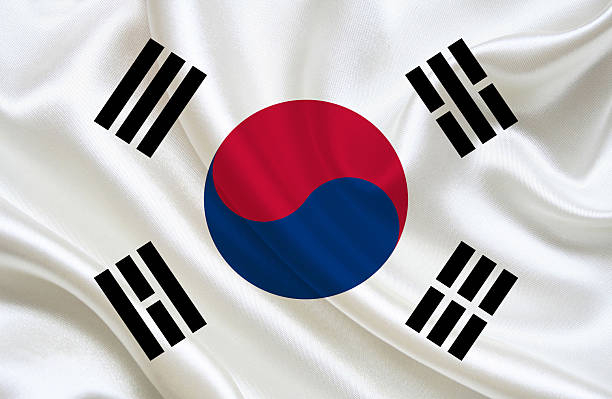
South Korea 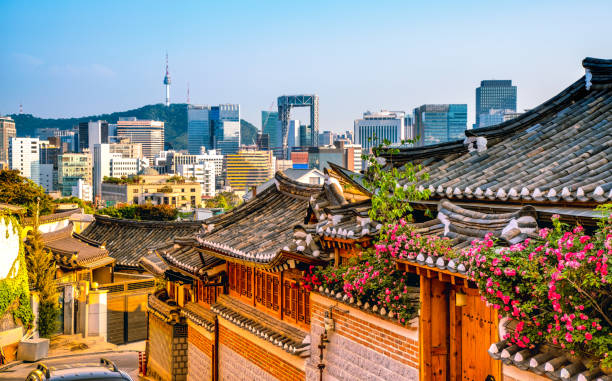
South Korea -
Denmark is certainly a top mention when it comes to the greatest education system in the world, with a whooping 99 percent literacy rate. Denmark provides free education from school through higher education. Furthermore, the country's government has made education obligatory for pupils up to the age of 16, which is one of the unique elements implemented by the world's education systems.
It is also one of the top nations to study abroad, attracting thousands of foreign students from all over the globe who want to pursue their higher education at world-renowned Denmark institutions that provide excellent education and worldwide recognized and acknowledged degrees.
Denmark ranked fourth among the top education systems in the world, with a power ranking score of 94. Though public schools in Denmark provide high-quality education and attendance is required until the age of 15 or 16, this requirement is not limited to public schools. Yes, parents can choose between public and private schools. Furthermore, the student-teacher ratio in Danish primary and secondary schools has improved in recent years.
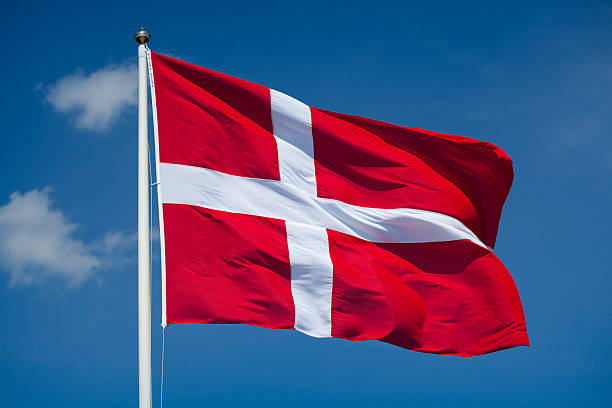
Denmark 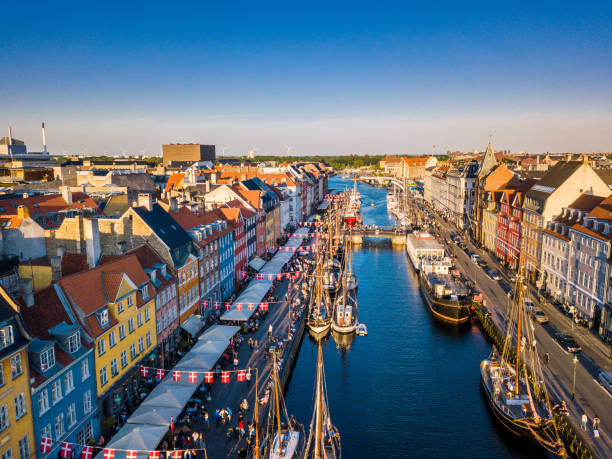
Denmark -
Russia is one of the top five nations in the world with the greatest educational system, with a power ranking score of 91. Russia is also regarded as one of the top European countries in terms of producing work-ready graduates. Furthermore, the student-teacher ratio in Russian schools contributed to Russia's ranking as one of the finest educational countries.
When discussing the role of the constitution in the growth of Russia's educational system, it is important to remember that under Russia's 2013 Law of Education, every person has the right to free education. Because it is a federal statute, the federal government guarantees that it is implemented in all states.
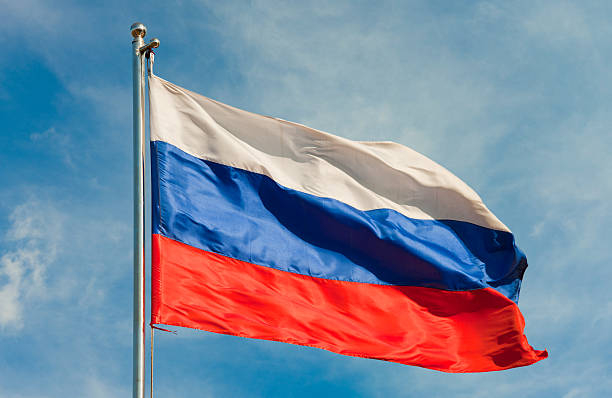
Russia 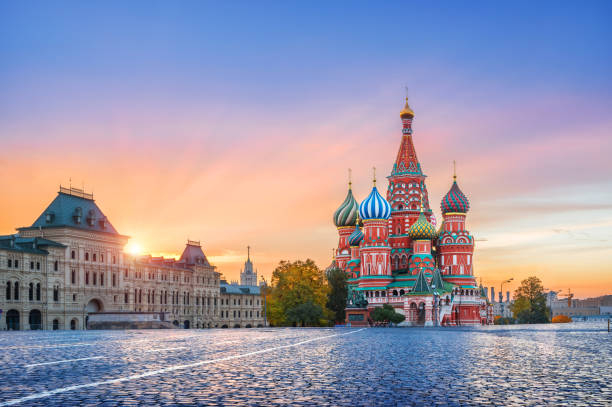
Russia -
Norway does not rank among the top ten educational systems in early educational polls a few years ago. However, after making significant changes to the educational system, it rose to sixth place with a power ranking score of 82. Furthermore, the teacher-student ratio in Norway is good, with one instructor available for around ten students.
Schooling is compulsory in Norway from the age of six to sixteen. If you are a Norwegian citizen and cannot pay the costs, you can acquire an education from public schools, which are completely free for legal residents and citizens. On the other hand, if you want to pursue further education as an ex-pat in Norway, it may be the finest option. Yes, it provides education to both locals and tourists. Foreign students can also finance their education and living expenses here.
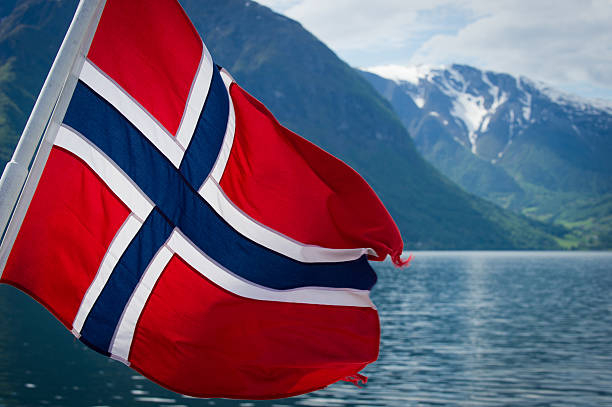
Norway 
Norway -
Sweden, like its Nordic sister nations Finland, Norway, and Denmark, has done very well to maintain its position as one of the top 20 countries in the world with the greatest education systems. If you're wondering how a small country like Sweden can have a world-class education system, the answer is that they value academic accomplishment, learning, and quality education over grades.
They place a strong focus on team player development. In this way, students are prepared for a successful career. Sweden is known for being forward-thinking. Swedish university research has always aided in the development of major products such as Bluetooth, pacemakers, Skype, and Spotify.
International students studying in Sweden come from all over the world to get a taste of the country's education system and to be a part of the Swedish education revolution.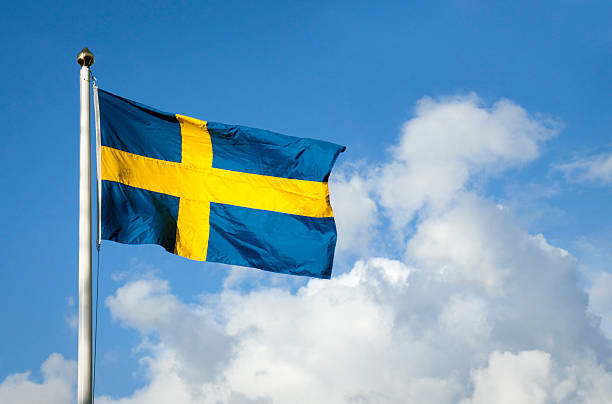
Sweden 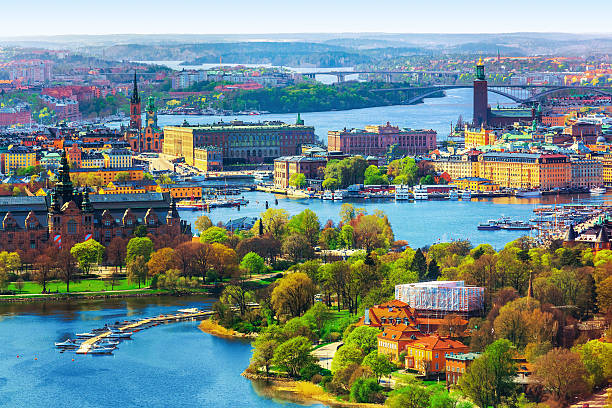
Sweden -
Without a question, the United Kingdom has long been regarded as one of the greatest destinations to pursue higher education. Despite the fact that the educational system has various shortcomings, such as poor teacher salary and other challenges. However, thanks to advanced educational facilities, it has risen to seventh place among the world's greatest education systems. It received a rating score of 78.
Primary and secondary education are compulsory in the United Kingdom from the age of six to sixteen, like in the other nations on our list with the finest educational systems. However, the quality of education has declined in recent years due to a decrease in teacher compensation and a lack of supporting instruments in classrooms. On the other hand, the laws governing higher education in the United Kingdom remain world-class.
With around 500,000 foreign students enrolling in various programmes to study in the UK, the country is the second most popular educational destination in the world. For ages, the United Kingdom has been a center of learning. The UK education system is a one-of-a-kind combination of rich English culture and different learning opportunities that has drawn students from all over the world. According to the QS rankings, 18 of the top 100 institutions in the world are situated in the United Kingdom. The United Kingdom is known across the globe for its Arts, Literature, and Design programs, and it has the world's second finest education system.
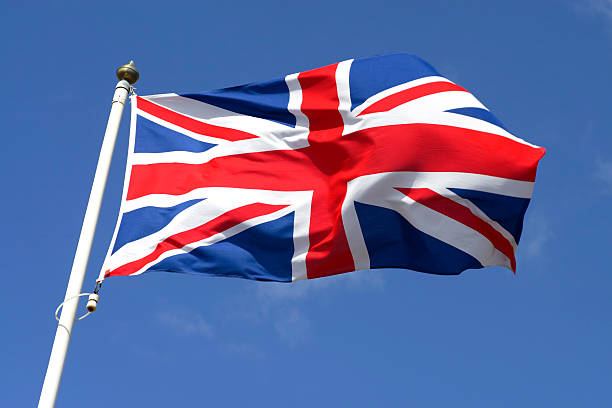
The United Kingdom 
The United Kingdom -
In international circles, Israel continues to be outstanding. Its country's early childhood development educational system is ranked second in the world. And their gains in primary school completion rates and school enrolment rates are among the best in the world.
The economy of the country is technologically advanced. Even more so, among its key exports are high-tech equipment and medicines. As a result, according to the OECD, the country is well developed in terms of education, with 49.90 percent of its people classified as educated adults.
Israel's educational system does not ignore Jewish traditions and standards, and children are taught about their cultural values and aims. It has a power ranking of 77.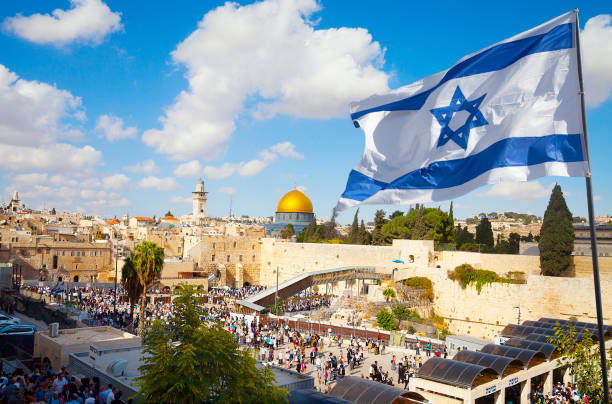
Israel 
Israel -
Hong Kong's educational sector rating has significantly improved in recent years. Notably, it improved its rating from 14th to 10th among the top educational systems in the world. Yes, Hong Kong came in 10th place with a power ranking score of 70.
Though private school education is regarded pricey in Hong Kong, there is no difference in educational standards between private and public schools. However, the sole distinction between private and public schools in Hong Kong is one of culture.
Private schools would have more pressure-free studies with Western customs, but public schools would adhere to some cultural standards comparable to China. On the other hand, the increase in the ratio of primary children's registration is a key signal that has positioned Hong Kong among the ranks of the greatest educational systems. Yes, primary school enrolment has skyrocketed in Hong Kong, and parents want to provide their children with the finest education possible.

Hong Kong 
Hong Kong

















